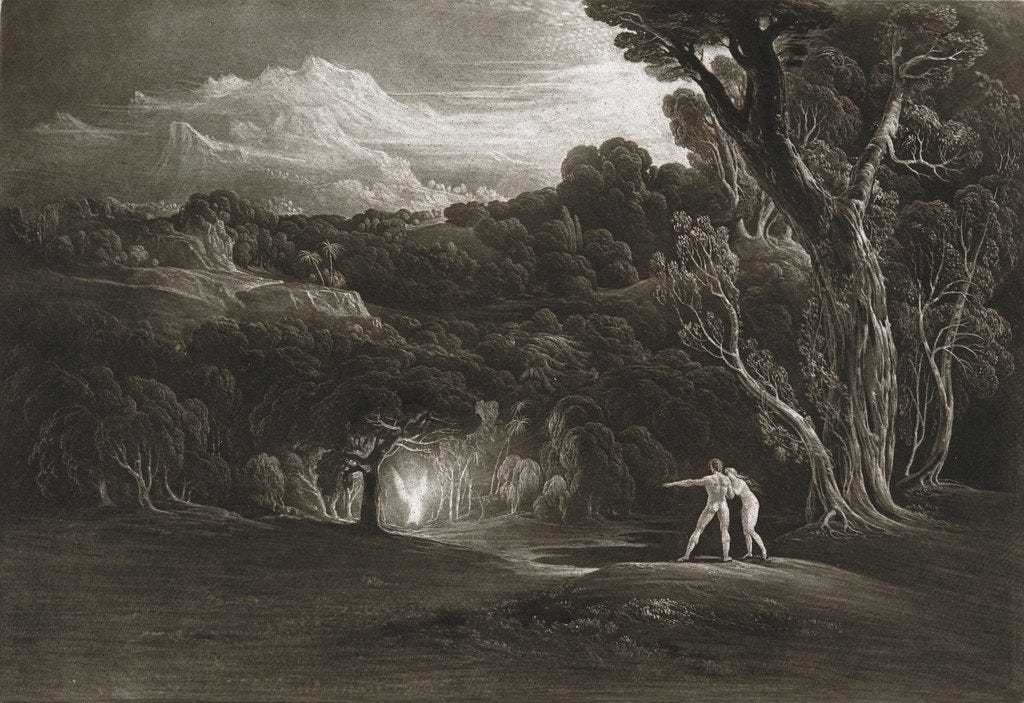Technopopulists, Economy of Ideas and Hungarian politics
Neologism #6, 27.02.2022
The rise of the technopopulists
Variations in technopopulism therefore come from different ways of mobilising “the people” and by focusing on different understandings of techne. Elected in 2017, French president Emmanuel Macron’s attack on the political class and his unabashedly messianic political style had all the hallmarks of the populist politician. In a striking instance of the populist’s personalised approach to exercising power, Macron even gave his political movement the same initials as himself: En Marche!.
But Macron was also a product of France’s statist and elitist technocratic system. He used the language of competence to attack his opponents… Macron’s brand of technopopulism is unabashedly top-down. He thinks of himself as the people’s problem-solver. His concept of techne, drawn from the upper echelons of the French meritocracy, is put to the service of “the people”.
The Five Star Movement combines populism and technocracy by arguing everyone is an expert. The internet and direct citizen participation help pool the knowledge and competence of the general population. Citizens are at the heart of the M5S, but as holders of knowledge rather than as bearers of rights
As the structuring power of rival ideologies has declined, so the force of “the people” as a political slogan has grown. Individualism has eroded these distinctive social groups, leaving political parties without any roots
The rise of the technopopulists in The New Statesman
The Economy of Ideas
The text is almost 30 years old and still strikingly up-to-date.
The enigma is this: If our property can be infinitely reproduced and instantaneously distributed all over the planet without cost, without our knowledge, without its even leaving our possession, how can we protect it? How are we going to get paid for the work we do with our minds? And, if we can't get paid, what will assure the continued creation and distribution of such work?
Throughout the history of copyrights and patents, the proprietary assertions of thinkers have been focused not on their ideas but on the expression of those ideas. The ideas themselves, as well as facts about the phenomena of the world, were considered to be the collective property of humanity. One could claim franchise, in the case of copyright, on the precise turn of phrase used to convey a particular idea or the order in which facts were presented.
The point at which this franchise was imposed was that moment when the "word became flesh" by departing the mind of its originator and entering some physical object, whether book or widget. The subsequent arrival of other commercial media besides books didn't alter the legal importance of this moment. Law protected expression and, with few (and recent) exceptions, to express was to make physical.
Protecting physical expression had the force of convenience on its side. Copyright worked well because, Gutenberg notwithstanding, it was hard to make a book. Furthermore, books froze their contents into a condition which was as challenging to alter as it was to reproduce. Counterfeiting and distributing counterfeit volumes were obvious and visible activities - it was easy enough to catch somebody in the act of doing. Finally, unlike unbounded words or images, books had material surfaces to which one could attach copyright notices, publisher's marques, and price tags.
How Viktor Orbán changed Hungary's Democracy
Viktor Orbán has ruled over Hungary for the past 12 years. In that time, he has rewritten the country's constitution, cemented his power, and openly confronted the European Union. He has cozied up with autocrats in Russia and China and has built an illiberal state. How did Viktor Orban come to power, and what has he done to Hungarian democracy?
An insightful, yet accessible, summary of the recent political history of Hungary.
The film is important in the context of the elections in April, in which the ruthlessly united Hungarian opposition has a slim chance of defeating Orban for the first time. Will they make it? We will find out soon.
How Viktor Orbán changed Hungary's Democracy by Into Europe
Refind
Special offer
Check out Refind, a daily digest of links that make you smart: Refind is like that super intelligent friend who you wish would tell you all the things they read so you could read it all and become as intelligent as them. It asks you your areas of interest, and then sends you a list of 5-10 links to read everyday which will make you smarter. Go for it, sign up today!
The Sample
Special offer
A newsletter discovery tool. Based on your interests and feedback, The Sample sends a new newsletter recommendation to your inbox on a daily or weekly basis.
Dear reader, thank you for being with us. Do you think more people should read this issue?
Share this post on your social media or directly with your friends.
PS: You can buy me a coffee in the ko-fi.


